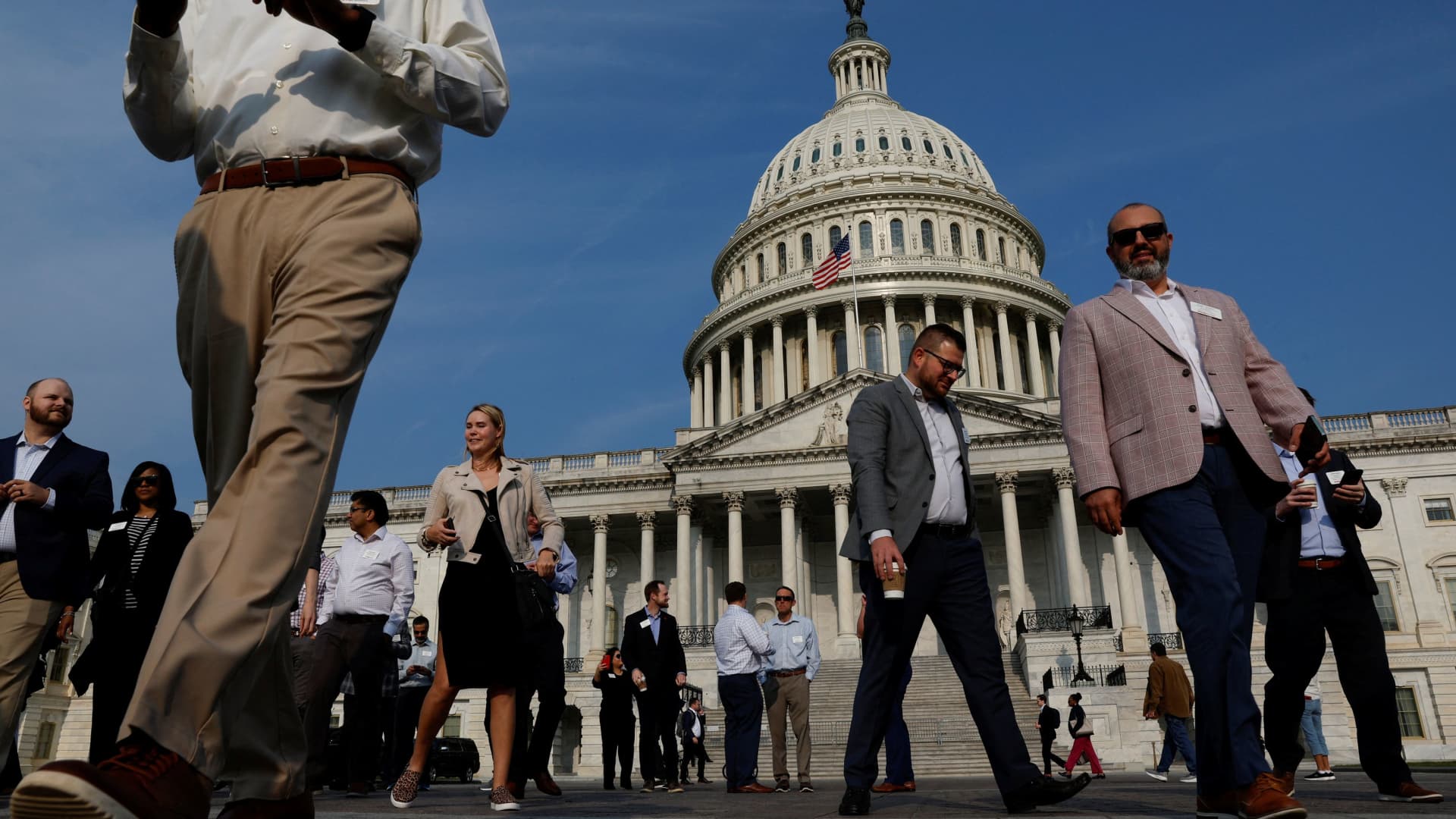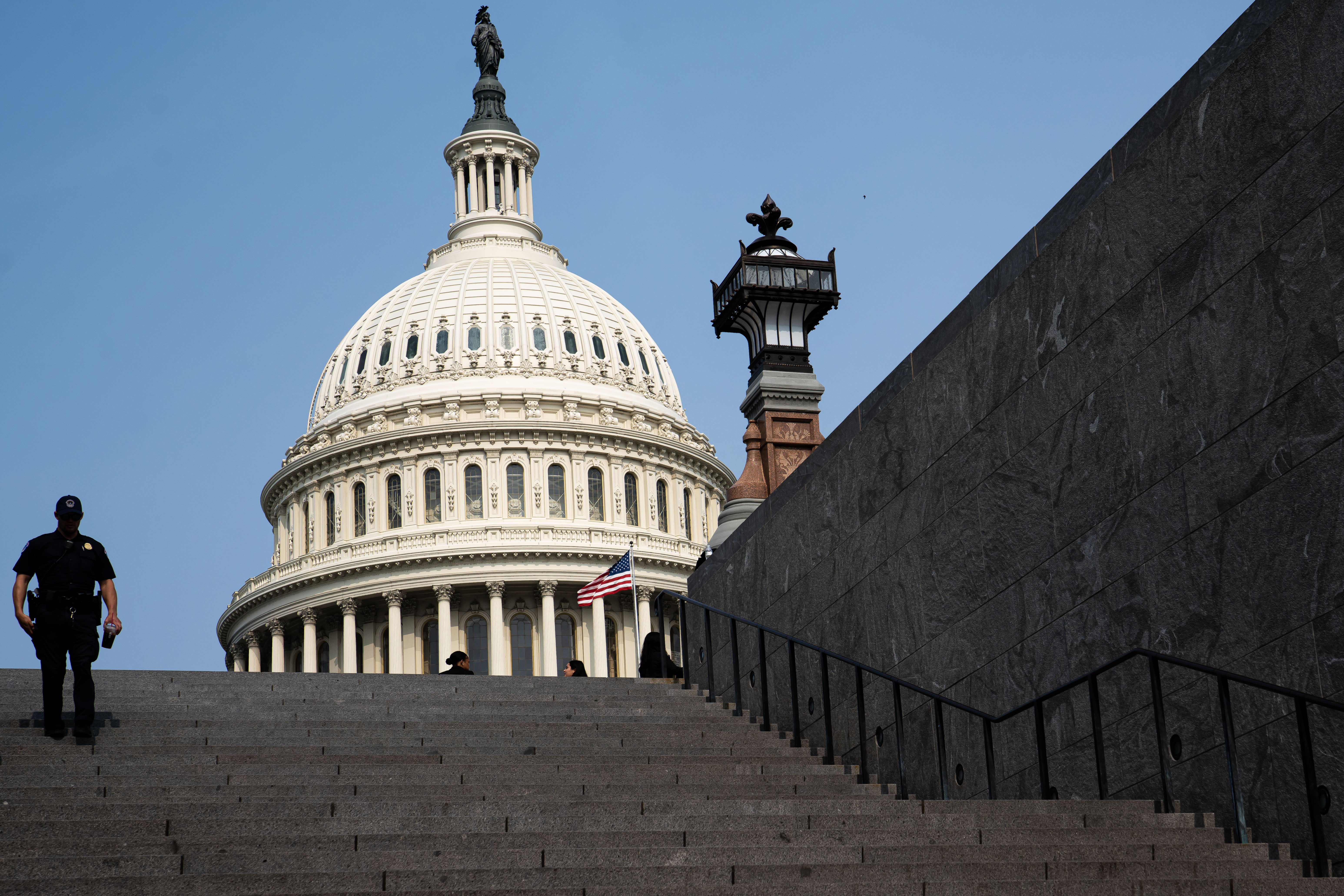Products You May Like
A tentative deal to raise the debt ceiling limit includes up to $21.4 billion of IRS budget cuts, slashing part of the nearly $80 billion in agency funding enacted last August to boost taxpayer service, technology and enforcement.
The bipartisan bill, released by House Speaker Kevin McCarthy and President Joe Biden on Sunday, rescinds nearly $1.4 billion of the money allocated to the IRS. If unchanged, a separate deal would also repurpose $20 billion of IRS funding for fiscal years 2024 and 2025, according to the White House.
related investing news
Since the original $80 billion in IRS funding was for a 10-year period, White House officials on Sunday said they don’t expect the budget cuts to fundamentally change the agency’s near-term plans. But the IRS may need to request more funding during the latter years of the original timeline, they said.
More from Personal Finance:
3 investing tips as the federal debt ceiling ‘X-date’ approaches
529 college savings plans: How to protect your money in a downturn
Debt ceiling deal would push student loan borrowers into repayment by fall
If finalized, the IRS budget cuts would mean the additional agency funding runs out faster, according to Alex Muresianu, a policy analyst at the Tax Foundation.
“But the IRS still has a very large funding increase relative to the baseline,” he said. “So it’s not like we’re turning back the clock.”
The $80 billion IRS funding has been a hot-button political issue since its enactment, and repealing the money was a theme throughout the 2022 midterm elections in the fall.
The IRS still has a very large funding increase relative to the baseline, so it’s not like we’re turning back the clock.Alex MuresianuPolicy analyst at the Tax Foundation
House Republicans in January voted to slash IRS funding, following a pledge from Speaker Kevin McCarthy to rescind the money approved by Congress. But the measure halted without support from the Democratic-controlled Senate or the White House.
The IRS released its plan for the $80 billion funding in April, aiming to bolster taxpayer service, improve outdated technology and reduce the budget deficit by closing the tax gap with a focus on wealthy families and corporations.
White House officials on Sunday reiterated Biden’s commitment to cracking down on tax evasion among top earners.
Meanwhile, the debt ceiling bill faced pushback Tuesday from Republican members of the House Rules Committee. The bill must pass the GOP-controlled House and Democrat-majority Senate before June 5, which is the soonest the U.S. could run out of money, according to revised estimates from the U.S. Department of the Treasury.
The House is tentatively scheduled to vote on the bill on Wednesday night.


